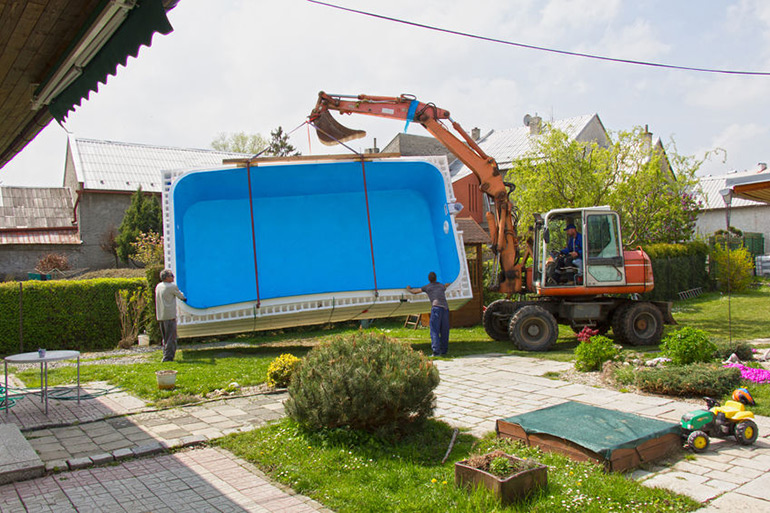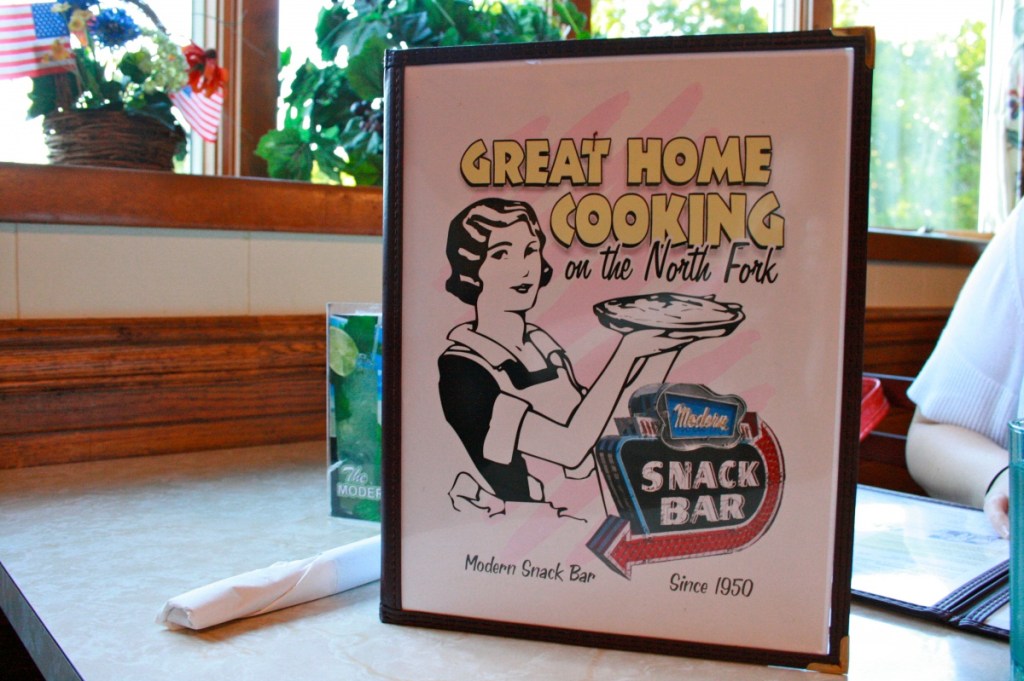Luxury Has Rules: Landscaper Licensing and Payment Info East Enders Must Know

Not every business can landscape the luxurious real estate on the East End. It takes a test, some fees, and possibly multiple hours of continuing education to be permitted to manicure our yards, install our swimming pools and nestle our homes within shrubs and trees. We are serious about our landscapes on the East End.
Did you know that landscapers need both a Suffolk County and a town-specific or village-specific home improvement license in order to legally landscape one- and two-family residential property throughout the East End?
According to Suffolk County Code §563-17, “[i]t is unlawful for any person to engage in any business as a home improvement contractor without obtaining a license therefor” and the definition of the term “home improvement contractor” includes landscaping at §563-16 of the County Code.
Further, towns, such as the Town of Southampton, have additional licensing requirements applicable to home improvement contractors. Specifically, Southampton Town Code §143-2 provides that “[n]o person shall conduct or engage in any home improvement business without first obtaining and maintaining in effect at all times a license therefor” and the definition of the term “home improvement” includes landscaping at §143-1 of the Town Code.
Therefore, all landscapers operating within the Town of Southampton must be licensed by both the county and the town. This dual licensing rule is also applicable to landscapers who operate within the Town of East Hampton pursuant to Chapter 156 of its Town Code and within Shelter Island pursuant to Chapter 79 of its Town Code.
However, within the Towns of Southold and Riverhead, a landscaper only needs to be licensed by the county, not the town because these towns do not have local licensing laws within their respective codes. Nonetheless, even when existing, these town-specific licensing laws are only applicable to the provision of landscaping services on properties that are located within the unincorporated hamlets contained within these respective towns, not the incorporated villages, which have their own laws.
Properties located within incorporated villages often have village-specific licensing laws for landscapers. To illustrate, the Village of Westhampton Beach requires licensing, pursuant to Chapter 75 of its Village Code, but the Village limits such licensing requirement to landscapers who are only “using construction materials.”
Regardless of town-specific or village-specific licensing requirement, where a licensing requirement exists in the local laws, penalties to contractors for violations can reach into thousands of dollars, loss of licensing, and exposure to imprisonment.
Interestingly, landscapers cannot eliminate their exposure by just obtaining the requisite licensing. Beyond licensing, did you know that landscapers must provide homeowners with a written contract that contains specific terms before providing landscaping services?
According to Suffolk County Code §563-21, “a written contract for work to be performed which specifies starting and completion dates, description of costs of labor and materials” is required. This contract must also include “a statement of any contingencies that would materially change the approximate or estimated completion date” according to NY General Business Law §771.
Moreover, §771 requires that the contract also sets forth “[t]he name, address, telephone number and license number, if applicable, of the contractor.” Further, §771 requires that the contract contains the following notice “in clear and conspicuous bold face type:”
Any contractor, subcontractor, or materialman who provides home improvement goods or services pursuant to your home improvement contract and who is not paid may have a valid legal claim against your property known as a mechanic’s lien. Any mechanic’s lien filed against your property may be discharged. Payment of the agreed-upon price under the home improvement contract prior to filing of a mechanic’s lien may invalidate such lien. The owner may contact an attorney to determine his rights to discharge a mechanic’s lien.
Beyond such notice, the General Business Law also requires that the contract includes a provision about cancellation rights and that the contract is written in plain English. Further, the General Business Law sets forth rules for the utilization of payment schedules and requires that advance fees be held in escrow.
Now to the fun of it all, where an unlicensed landscaper bills for services performed they cannot collect those monies by commencing a lawsuit. In fact, a complaint by an unlicensed landscaping services will be dismissed on the licensing ground alone.
Specifically, the NY Civil Practice Laws and Rules, at Rule 3015(e), requires that the license number be included in a civil complaint when a lawsuit is brought to collect such fees. To add insult to injury, when the unlicensed landscaper predictably failed to provide a written contract in substantial compliance with NY General Business Law §771, the homeowner can counterclaim for up to $2,500 in damages from the landscaper.
As you can see, it is good to know a little thing called the law.
Andrew M. Lieb, Esq., MPH, is the managing attorney of Lieb at Law P.C. and a contributing writer for Behind the Hedges.



